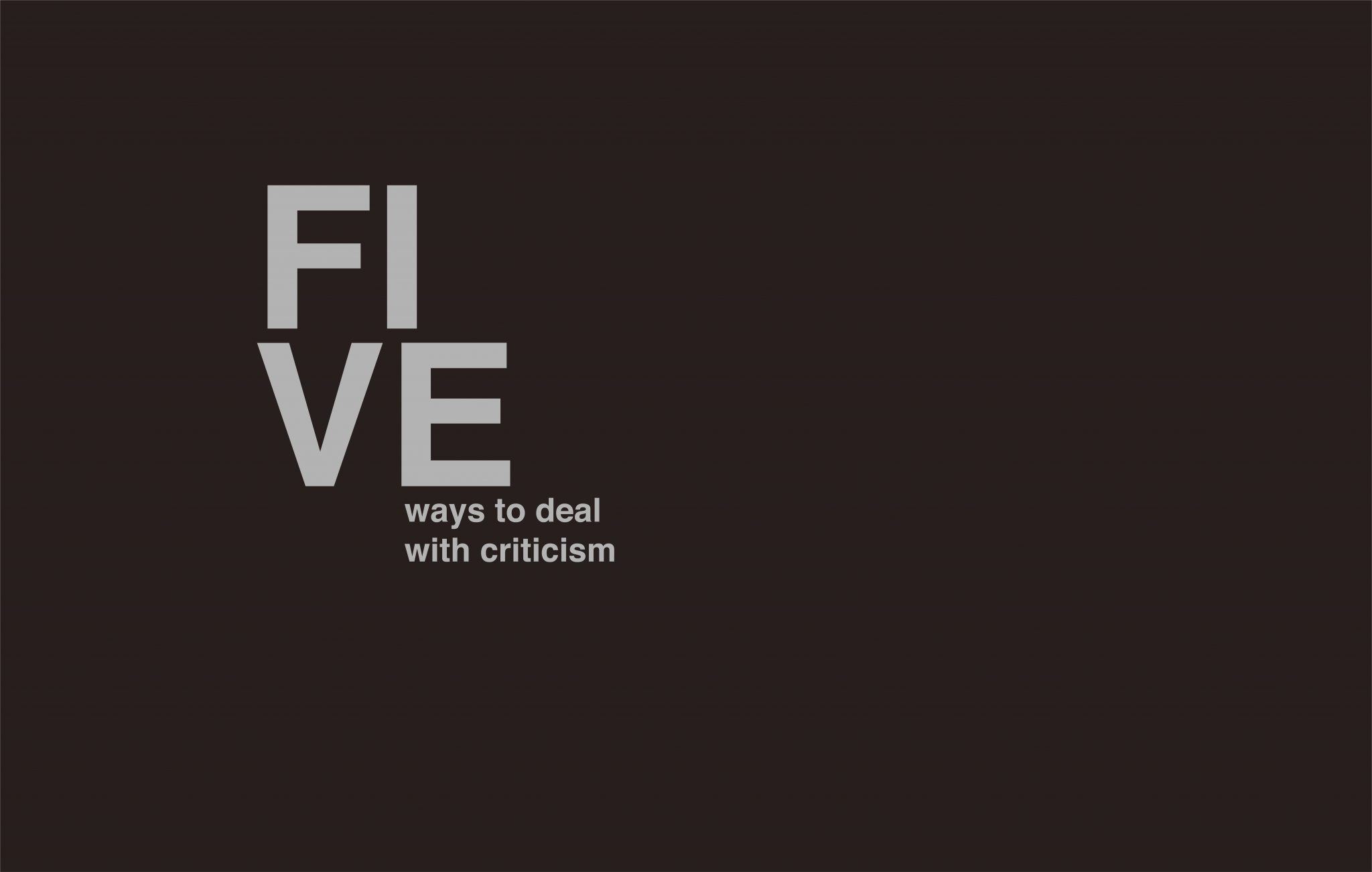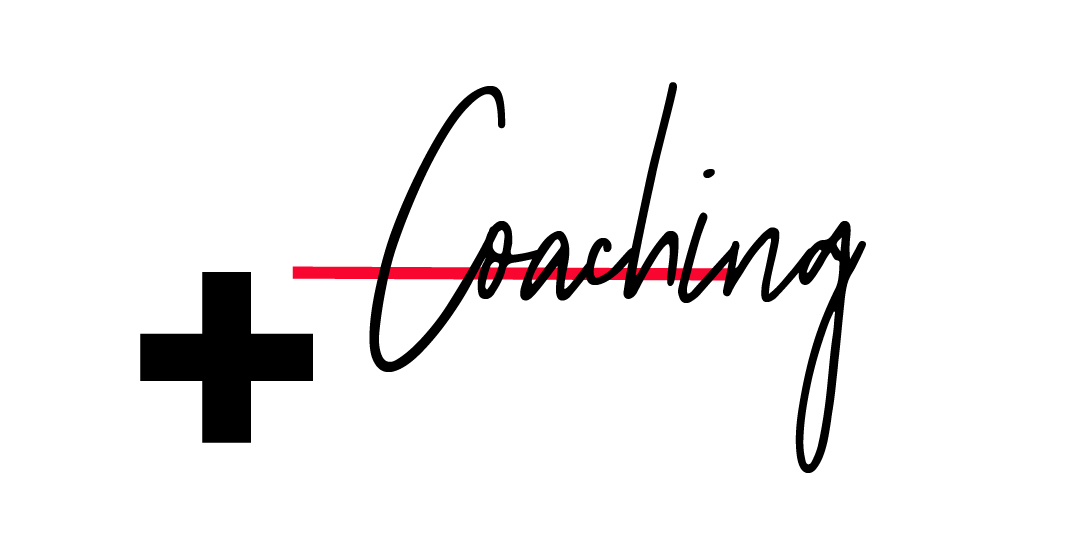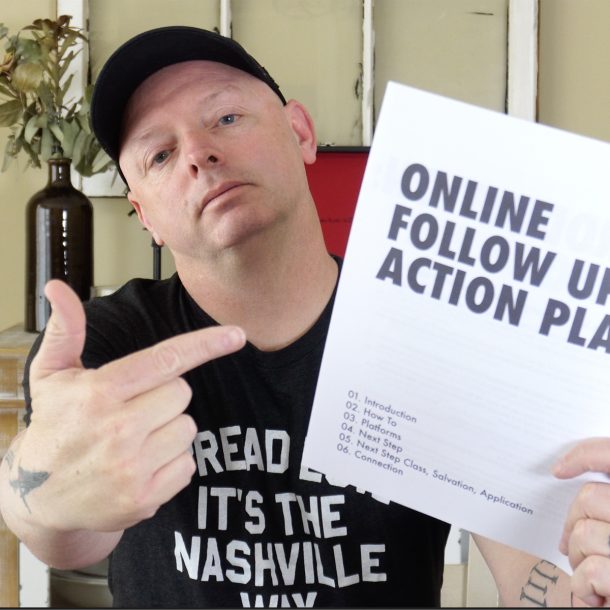Art is not as easy as data.
Data is cold, lifeless, and not emotional.
When criticism is aimed at data very quickly the truth is identified, evaluated, and then we move forward.
But art is connected to its creator…the artist, you. When we create art a small little piece of ourselves is connected to our art. When art is criticized it is easy to take it personally. When our art is questioned often we feel like our very worth is being called to task. It happens to the best of us. We all have moments when our emotions blur reality and we find ourselves so connected to what we make we can’t find the necessary separation for us to move forward. Criticism often cripples artists. Also, and I can’t say this enough, YOU ARE NOT YOUR ART! You are an artist but your identity is not found in what you make but in who you are becoming.
So how can we maximize criticism and keep it from destroying our passion? Here are 5 steps to help us handle when our art is criticized:
- Evaluate – Step back. Take a breath. What is being said? Could there be truth to the criticism? What if what is being said can actually make our art better? Finding the clarity to push back for a moment helps us filter what is being said and measure its validity.
- Adjust – Once we have evaluated the criticism we have to decide how we will adjust. Will we make adjustments, make a case for why we should not adjust, or improve to make things better.
- Transfer – Criticism can be some of the greatest fuel for better art. When we transfer criticism to motivation the challenge to better ourselves, our art and these projects can propel us. When we avoid allowing criticism to bring us down, but rather use it to make us better, we can accomplish things that may never have happened had we not encountered the criticism in the first place.
- Reflect – Even though it is hard to believe this, we have to remember that rarely is criticism personal. Most of the time criticism is passed in order to avoid mistakes not destroy the artist. Obviously, this is not always true, but in most of our environments, the truth that we find hard to believe is that criticism has little to do with us personally and more to do with getting things right.
- Learn – Take advantage of every piece of criticism. Learn from what is constructive and adapt to the alternative perspectives. When we learn from criticism we make ourselves better and avoid the chances of encountering the same criticism in the future.
As artists, we create our best stuff when we are most emotionally connected. Criticism is never fun. It often hurts and rarely is fun but it is part of reality and it is going to happen from time to time. When it does, what are we going to do with it?




